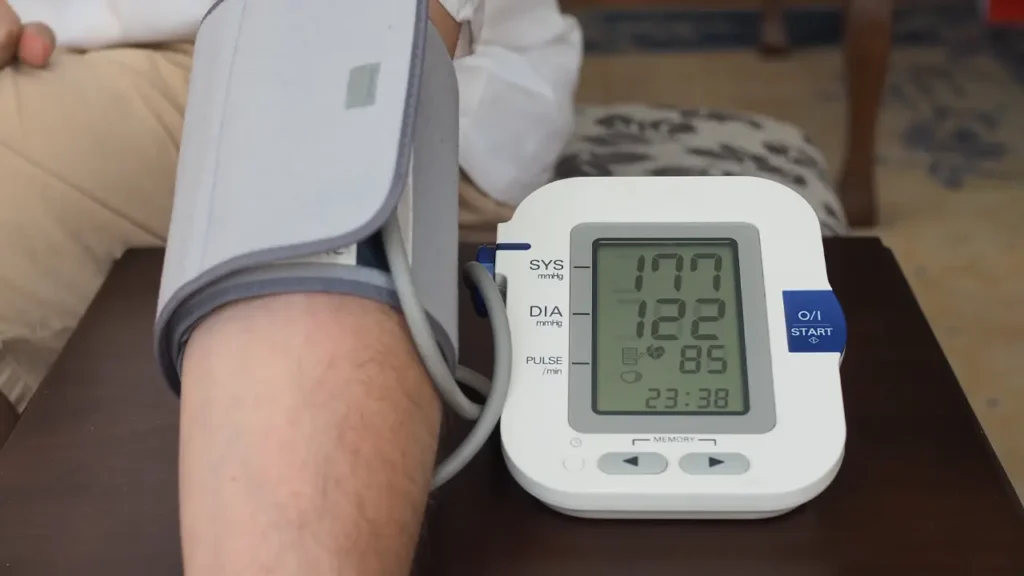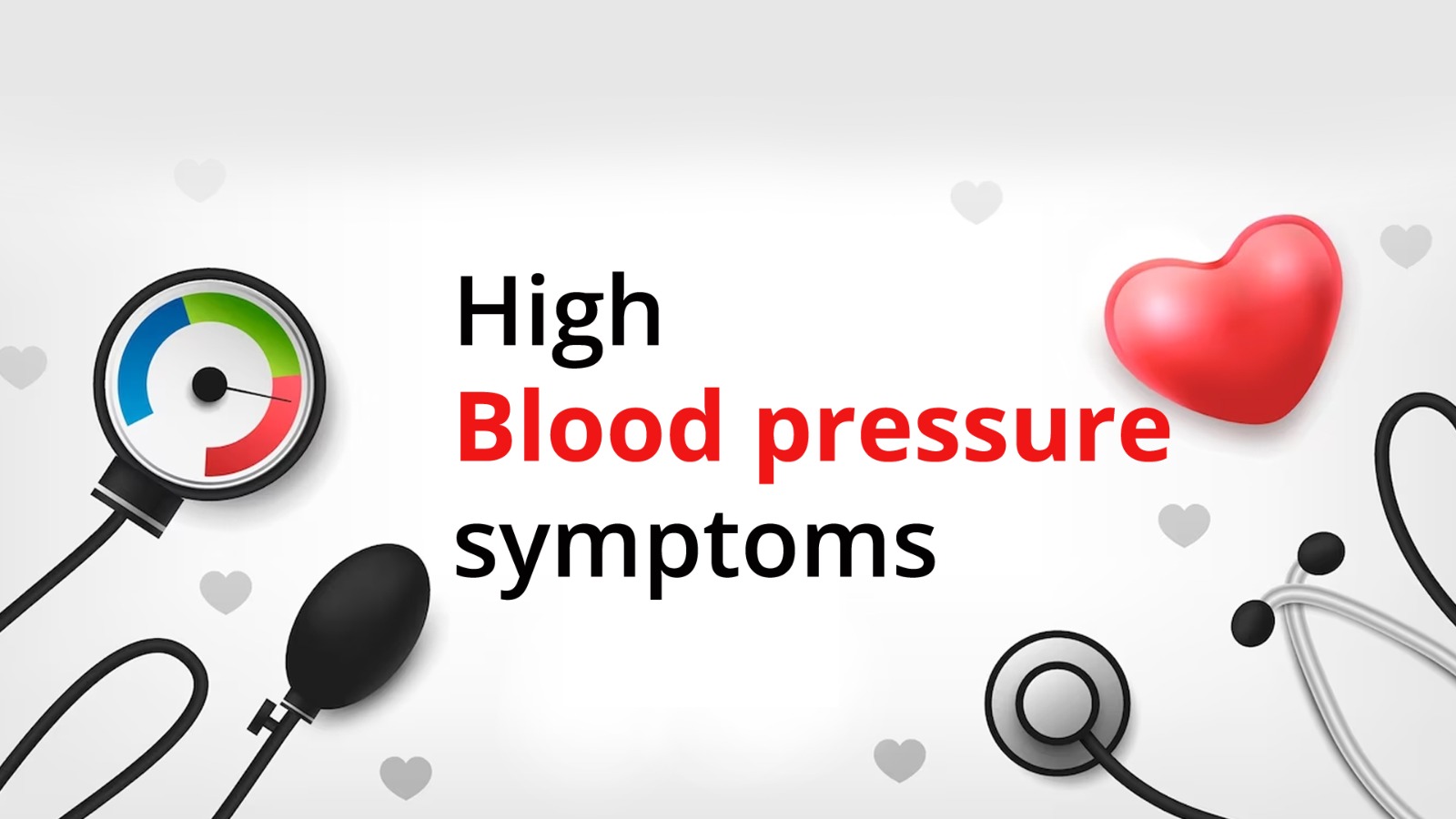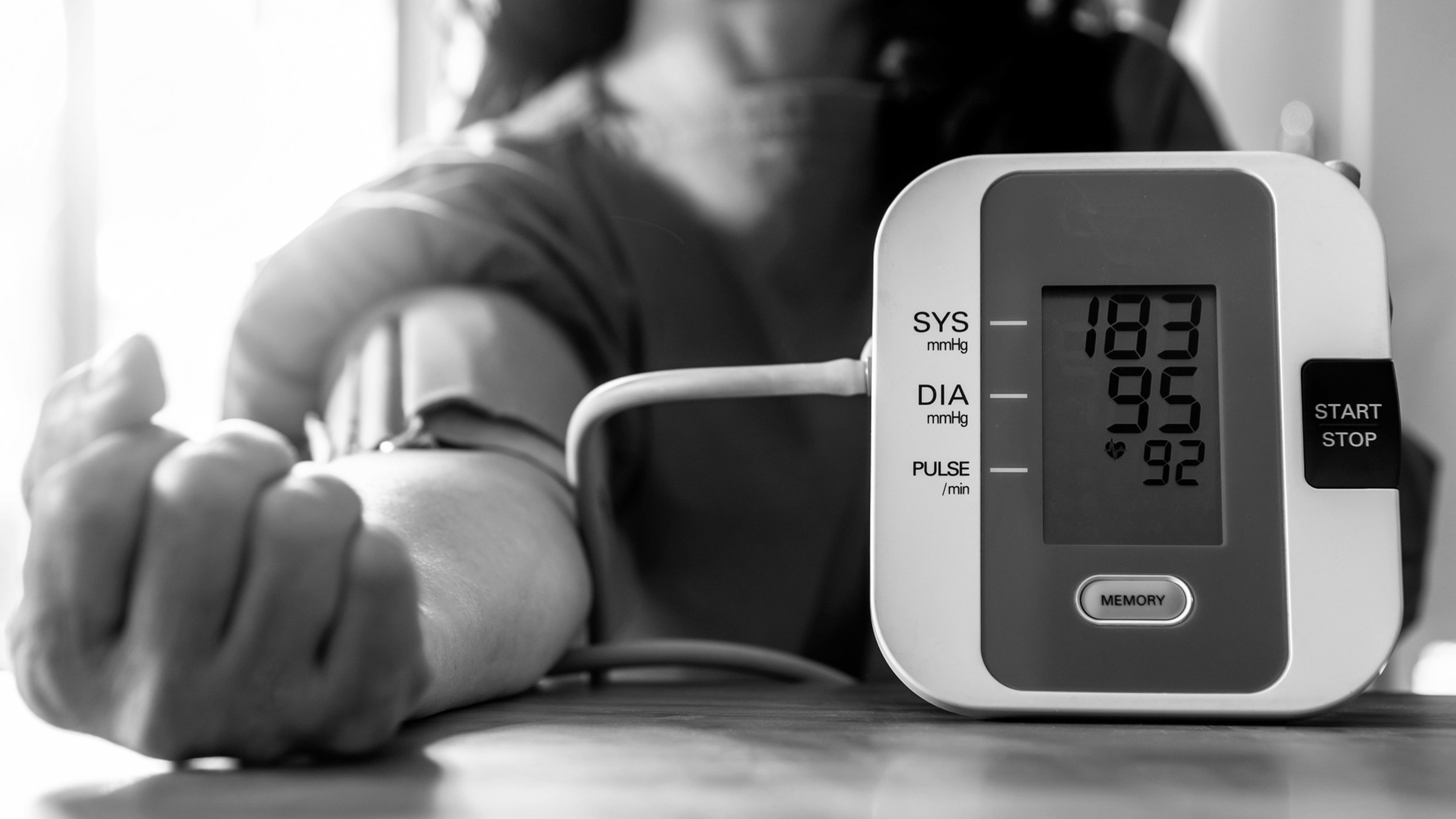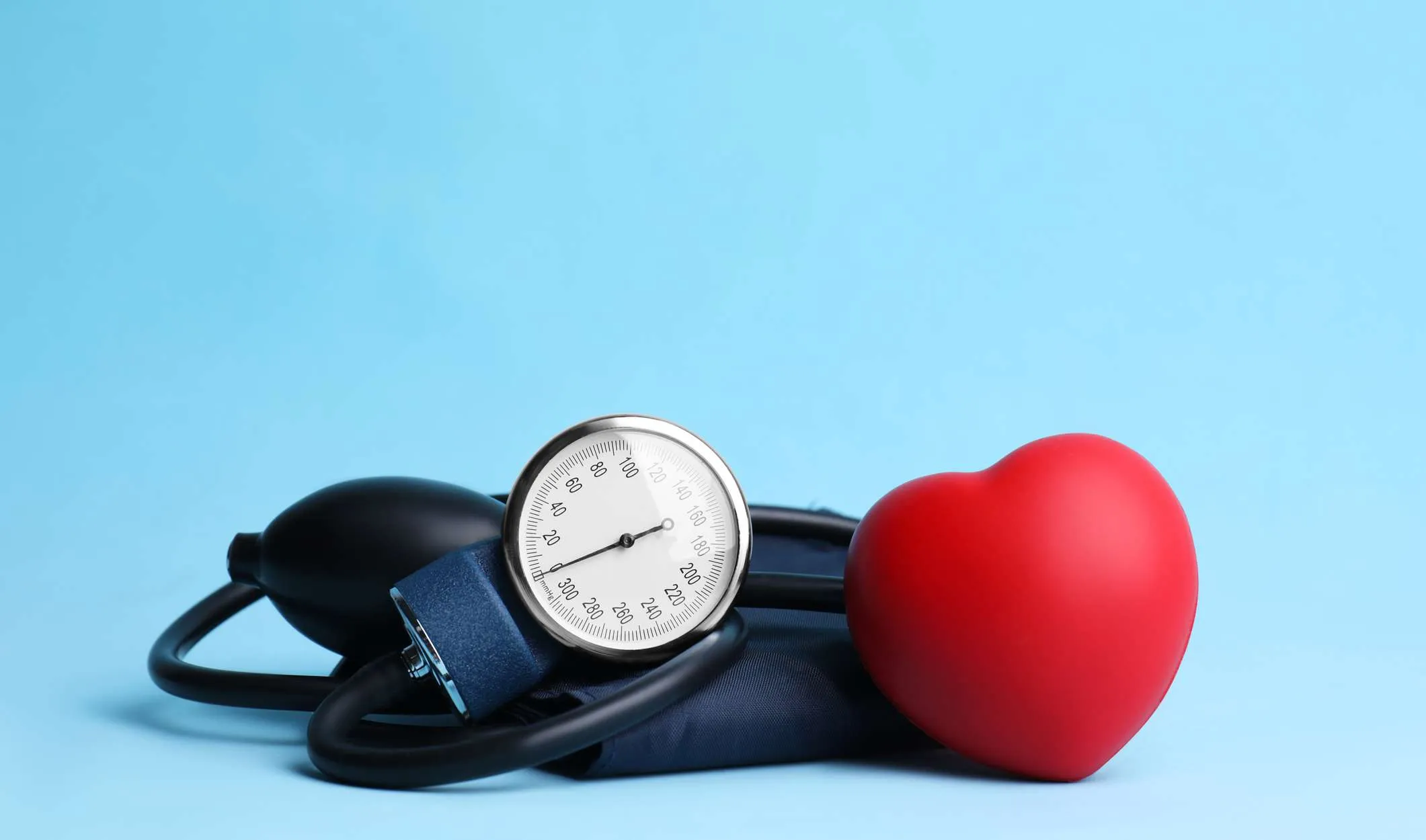
High blood pressure, often labeled as the “silent killer,” affects half of the U.S. adult population. Managing this condition is crucial due to its ability to exacerbate heart-related risks such as heart attacks and strokes. While lifestyle changes and medications are primary treatments, many turn to dietary supplements as a form of additional support. However, not all supplements are beneficial for heart health. We consulted with heart-health experts to identify which supplements those with high blood pressure should avoid to maintain optimal heart function.

Supplements to Steer Clear Of
Bitter Orange: A Hidden Danger
Often found in weight loss and performance supplements, bitter orange extract is derived from the dried peel of the fruit. “This herb contains synephrine, which can raise blood pressure and trigger dangerous heart rhythms,” warns Columbus Batiste, M.D., a board-certified interventional cardiologist. Studies suggest that prolonged use of bitter orange can increase systolic and diastolic blood pressure significantly, potentially leading to severe heart complications. The deceptive nature of supplement labeling means consumers must be vigilant.
The Sweet but Dangerous Licorice Root
Licorice root, known for its soothing properties and sweet flavor, is traditionally used to treat various ailments, from digestive issues to sore throats. However, its glycyrrhizic acid content can cause significant sodium retention and potassium reduction, leading to increased blood pressure and irregular heart rhythms. “If you have high blood pressure, it’s best to avoid licorice supplements,” advises Michelle Routhenstein, a cardiovascular dietitian. Despite some products claiming to be free from glycyrrhizic acid, the unregulated nature of supplements can lead to misleading labels.

Caffeine: The Ubiquitous Stimulant
Found not only in coffee and tea but also in many energy-boosting supplements, caffeine can cause a temporary spike in blood pressure. “Caffeine supplements raised systolic and diastolic blood pressure by 2 mmHg,” Routhenstein notes, emphasizing that even minor increases can affect individuals with hypertension. Additionally, guarana, another caffeine-rich ingredient, should be avoided due to its similar effects on heart rate and blood pressure.
Yohimbine: Not as Harmless as Advertised
Despite being marketed for weight loss and blood pressure management, yohimbine can have the opposite effect by dangerously raising blood pressure and heart rate. This compound increases norepinephrine levels, which narrows blood vessels and impedes blood flow, exacerbating hypertension.
Ephedra: A Banned but Risky Option
Once popular in weight loss and performance-enhancing supplements, ephedra is known for its potent ephedrine alkaloids, which have been linked to severe health risks like high blood pressure and heart attacks. “This herb can also interfere with blood pressure and heart medications, making them less effective,” Batiste explains. Although banned in dietary supplements, ephedrine can still be found in some medications, necessitating careful consultation with healthcare providers before use.

Beyond Supplements: Lifestyle Strategies for Managing Blood Pressure
Managing high blood pressure extends beyond avoiding certain supplements. Lifestyle choices play a crucial role. Following the DASH diet, regular exercise, adequate sleep, and stress management are all effective strategies for maintaining healthy blood pressure levels. Each of these elements helps mitigate the risk of hypertension and improves overall health.
While some supplements can offer health benefits, those with high blood pressure need to exercise caution. The combination of expert advice and thorough label reading can safeguard against unwanted increases in blood pressure. Always consult with a healthcare provider before starting any new supplement, especially if you have pre-existing health conditions like hypertension.
By understanding the risks associated with certain supplements and adopting a holistic approach to health, individuals with high blood pressure can effectively manage their condition and reduce the risk of heart-related complications.
